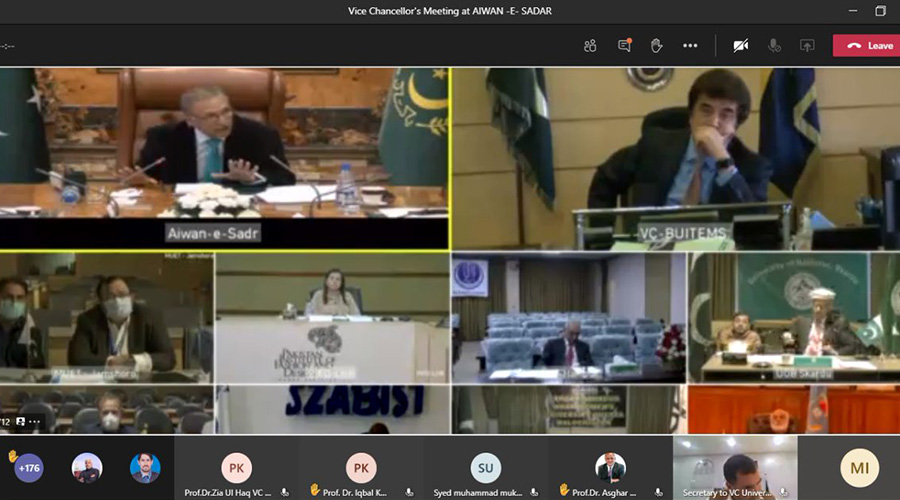The Higher Education Commission (HEC) has decided to take special measures to facilitate the differently-abled students in every way.
As per the reports, as the Islamabad Capital Territory (ICT) Rights of Persons with Disability Act 2020 has already been passed, HEC will revise the existing policy for differently-abled students in light of the bill.
The measures to facilitate the differently abled-students include age relaxation, wheelchair, friendly buildings, scholarship and fee concessions, and an on-campus special transport facility.
Read more: PM Imran Khan launches Ehsaas Kafaalat Policy for Special Persons
The sources further underlined the initiatives taken by HEC to assist the differently-abled students which include the declaration of HEC policy on the subject, wheelchairs distribution, and the development of Well Being Centers, and the formation of Student Clubs under PM’s Kamyab Jawan Programme.
The bill is also binding on the universities in the neighborhood, though, its execution requires vice-chancellors to take the lead.
Furthermore, HEC is making utmost efforts to mainstream such students in the higher education sector. Another official from HEC said that special attention needed to be given to students with visual impairment, hearing disabilities, or mobility challenges.
It was also revealed that students with a visual disability, hearing loss, or mobility challenges need special attention. Therefore, HEC has defined numerous categories of differently-abled students in order to clearly distinguish between different students with different needs.
This step was taken after President Pakistan Dr. Arif Alvi on Thursday asked Higher Education Commission (HEC) to take special measures including waiver in tuition fees, transportation facilities inside educational institutions, and age relaxation to facilitate differently-abled students.
He also discussed proposals to eradicate the menace of drugs from educational institutions. The meeting emphasized the need to raise awareness among youth by engaging social workers, media, non-governmental organizations (NGOs), and civil society.





















